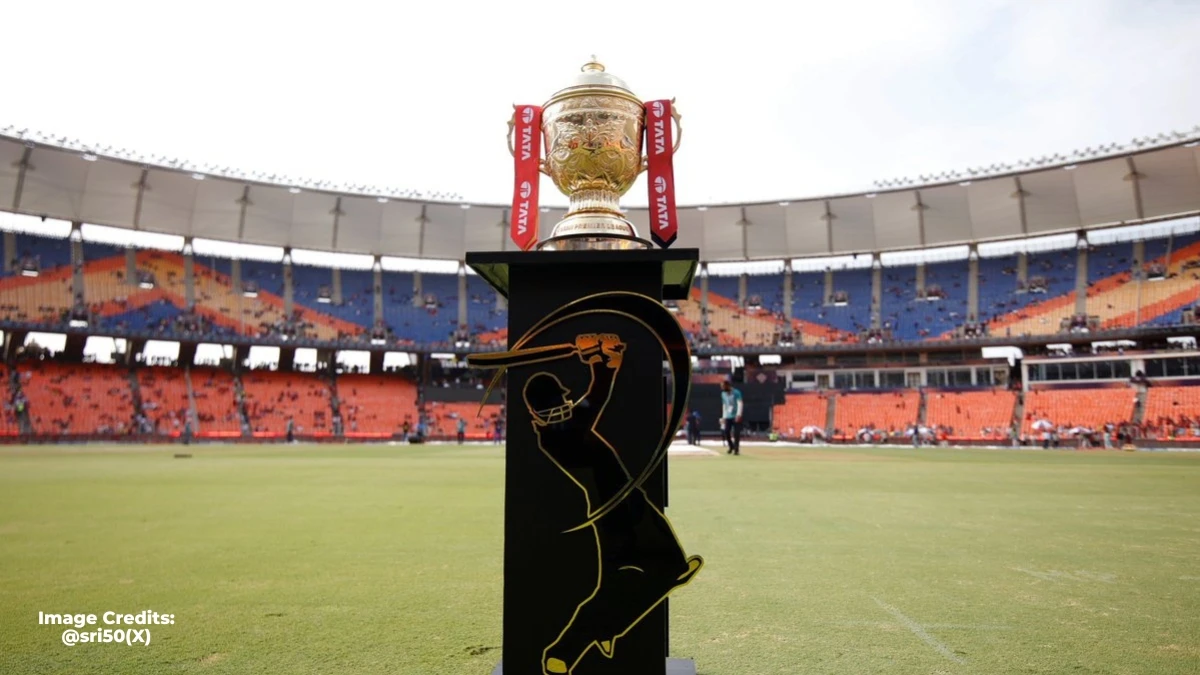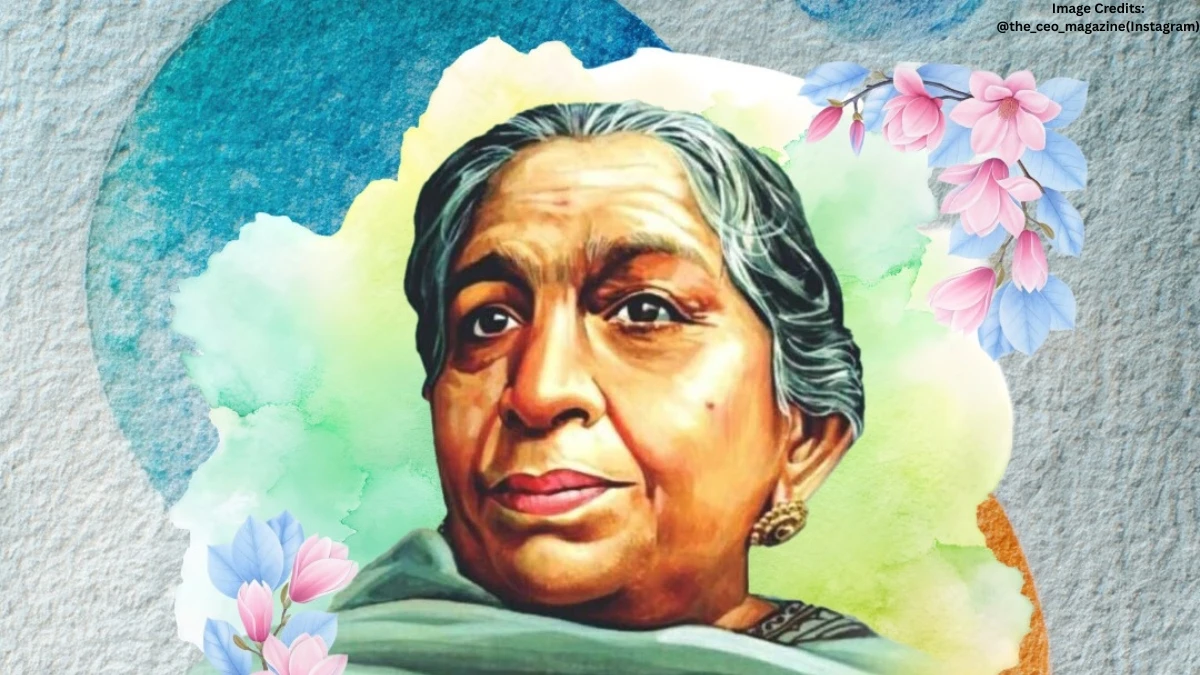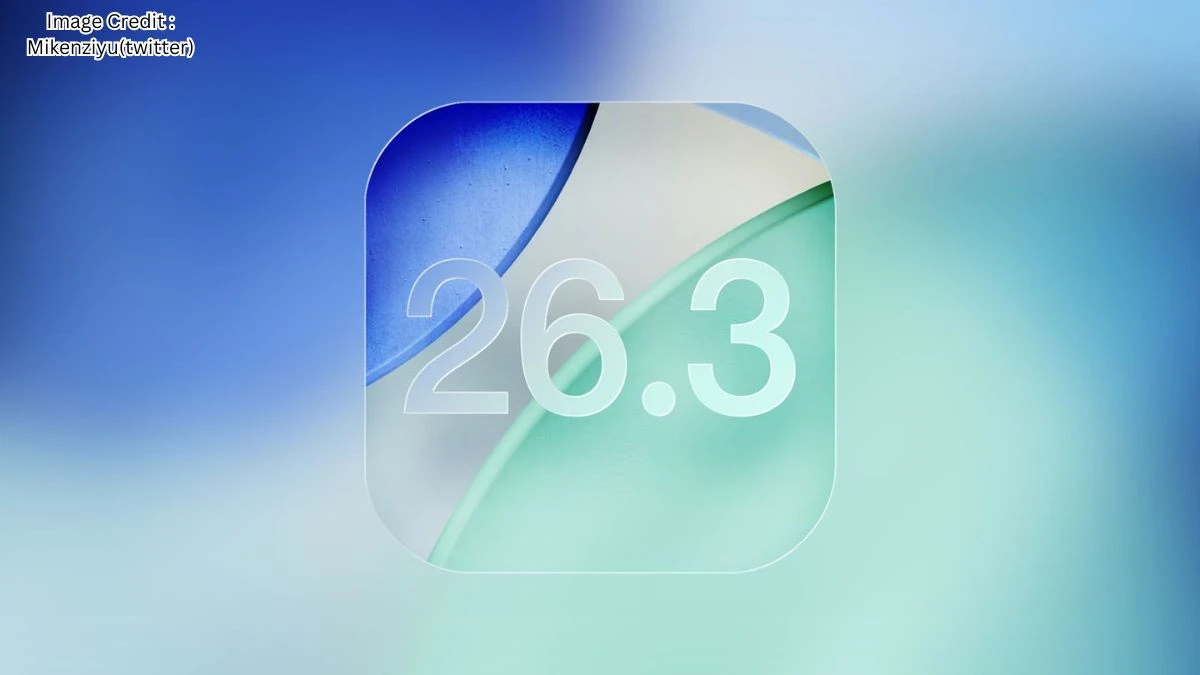The Language with the Most Native Speakers
As of 2025, the language with the most native speakers worldwide is Mandarin Chinese, a branch of the larger Chinese language family. It’s spoken by over 950 million people as their first language, primarily in China, Taiwan, and Singapore.
Top 10 Languages by Number of Native Speakers
| Rank | Language | Native Speakers (millions) | Language Family | Primary Regions |
|---|---|---|---|---|
| 1 | Mandarin Chinese | 950 | Sino-Tibetan | China, Taiwan, Singapore |
| 2 | Spanish | 485 | Indo-European | Latin America, Spain, U.S. |
| 3 | English | 380 | Indo-European | U.S., UK, Canada, Australia, Caribbean |
| 4 | Hindi | 345 | Indo-Aryan | India, Nepal |
| 5 | Arabic | 310 | Afro-Asiatic | Middle East, North Africa |
| 6 | Bengali | 250 | Indo-Aryan | Bangladesh, India (West Bengal) |
| 7 | Portuguese | 230 | Indo-European | Brazil, Portugal, Mozambique, Angola |
| 8 | Russian | 155 | Indo-European | Russia, Eastern Europe, Central Asia |
| 9 | Japanese | 125 | Japonic | Japan |
| 10 | Lahnda (Western Punjabi) | 100 | Indo-Aryan | Pakistan |
Native Speakers vs. Total Speakers: Why It Matters
| Language | Native Speakers | Total Speakers (approx.) |
|---|---|---|
| English | 380 million | 1.5 billion+ |
| Mandarin Chinese | 950 million | 1.2 billion+ |
| Spanish | 485 million | 590 million+ |
| Hindi | 345 million | 600 million+ |
| French | 80 million | 300 million+ |
Languages like English and French, while not topping the native speakers list, have vast global influence due to colonization, trade, and globalization. English is often called the global lingua franca, heavily used in business, science, and the internet.
Factors Influencing Language Spread
1. Population Size of the Country
China (1.4 billion) and India (1.43 billion) naturally produce many native speakers of their dominant languages (Mandarin, Hindi, Bengali).
2. Historical Colonization
Spanish and Portuguese spread widely in Latin America due to colonial expansion.
English became dominant in North America, Africa, South Asia, and Oceania through British imperialism.
3. Cultural and Media Influence
American movies, TV shows, and music have made English a global cultural force.
K-pop and anime have raised interest in Korean and Japanese respectively, though these aren’t top in native speakers.
4. Official Language Policies
Countries like China promote Mandarin nationwide, often at the expense of regional dialects.
In India, Hindi is pushed as a national language despite linguistic diversity.
Language Diversity vs. Dominance
While this list focuses on major world languages, it's important to remember that over 7,000 languages are spoken globally. Many have small speaker bases and are at risk of extinction.
For example:
Ainu (Japan) and Cornish (UK) are endangered.
Quechua and Nahuatl survive in parts of Latin America but face declining usage.




















































